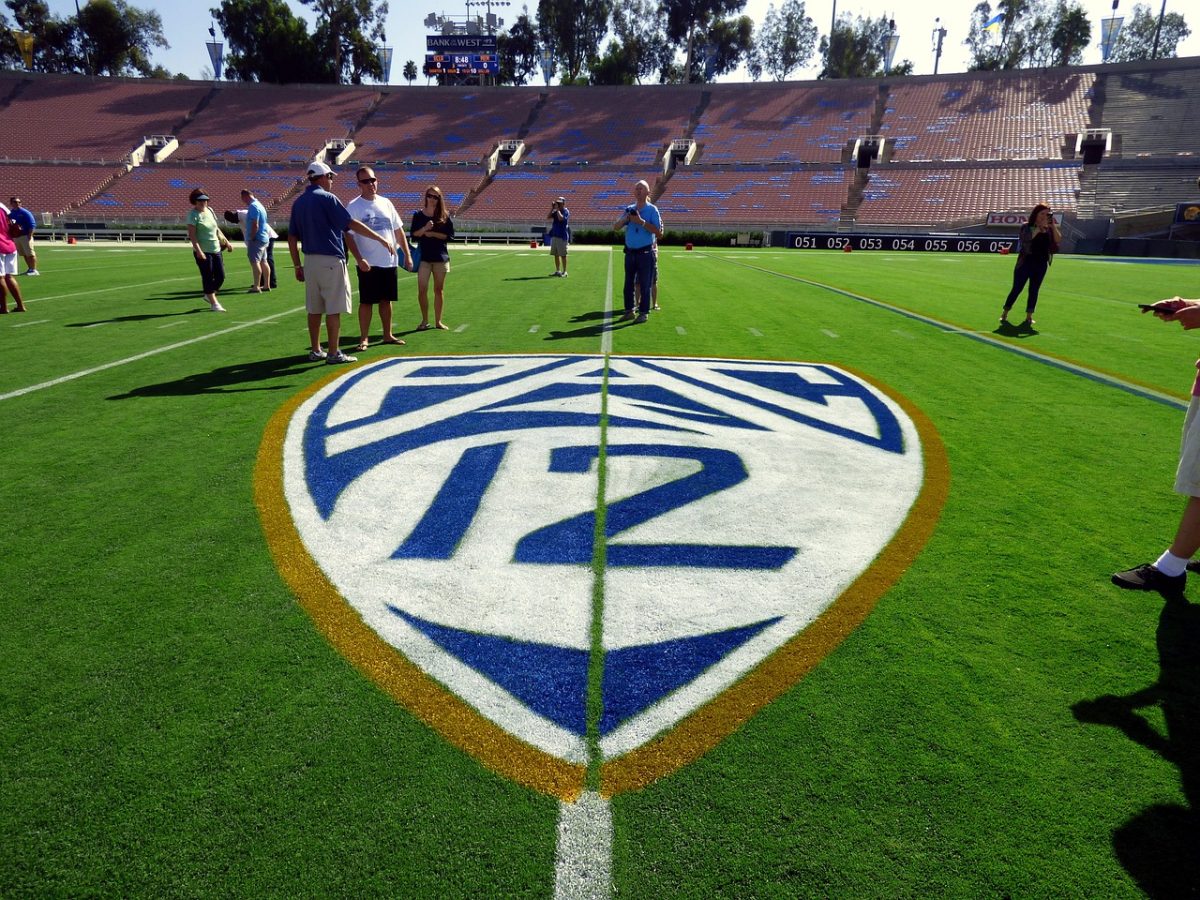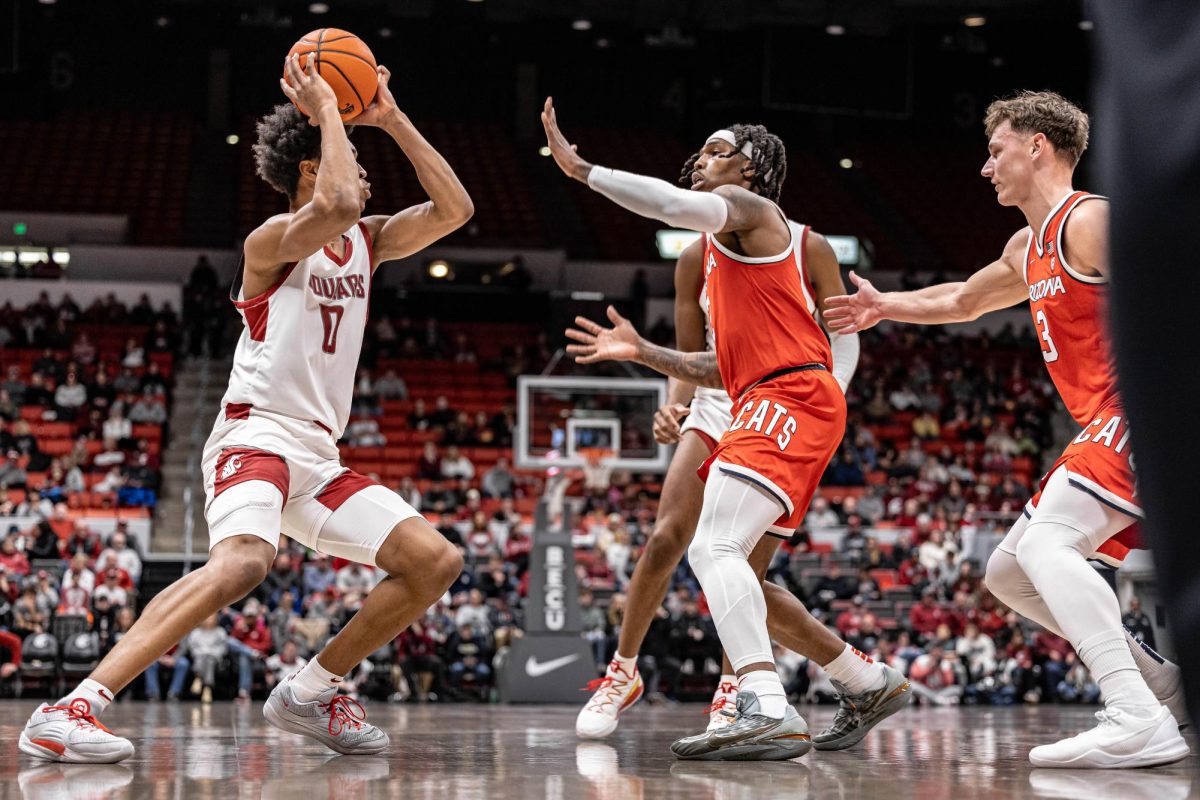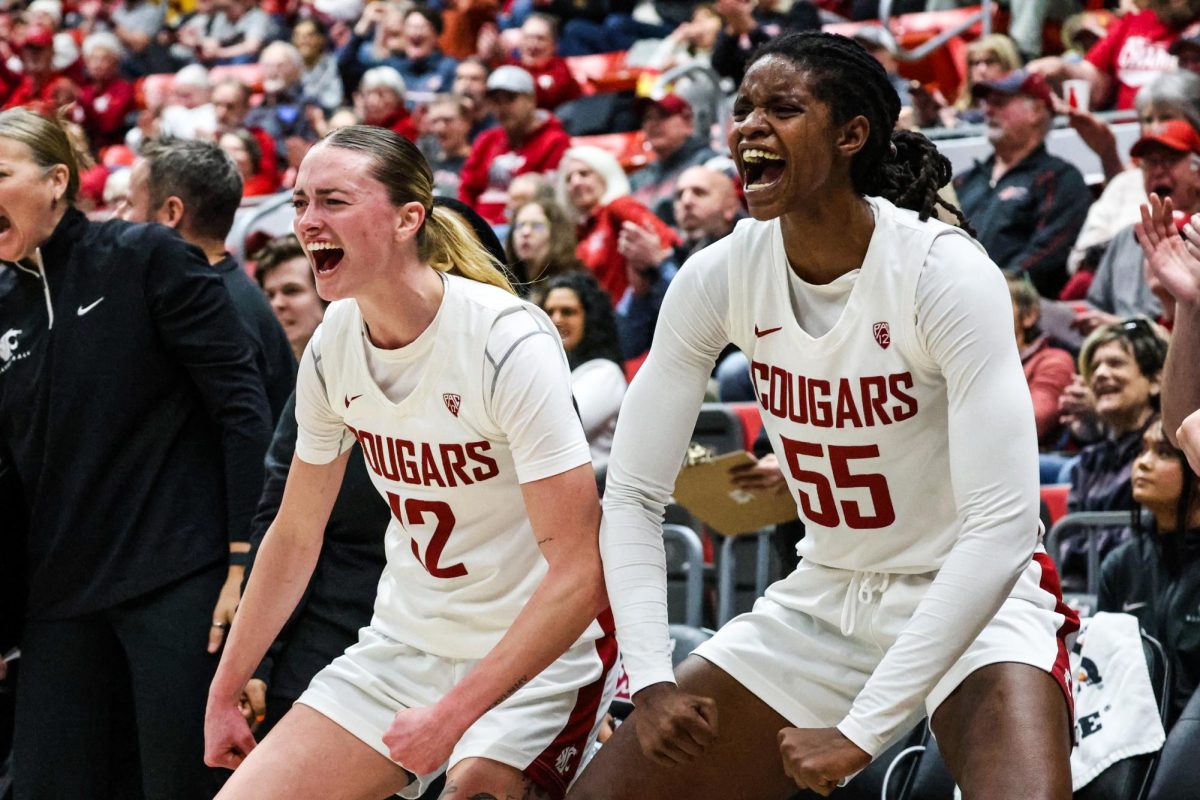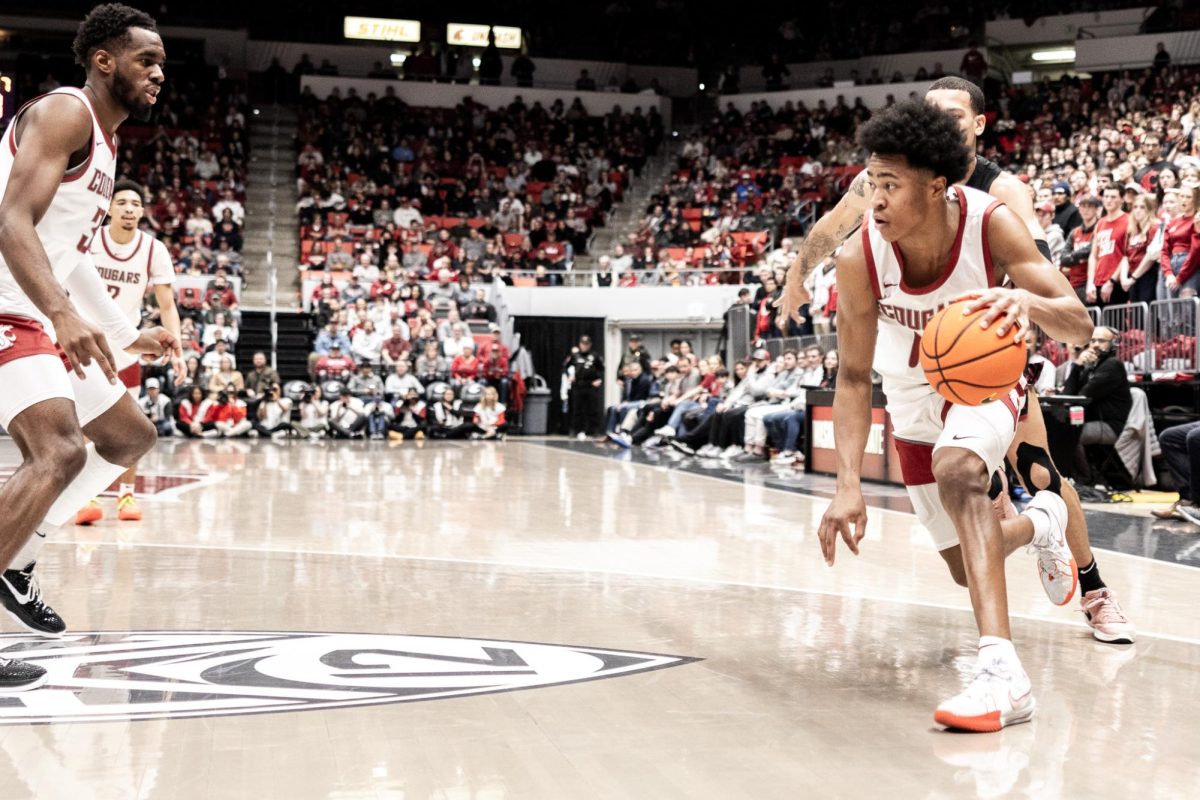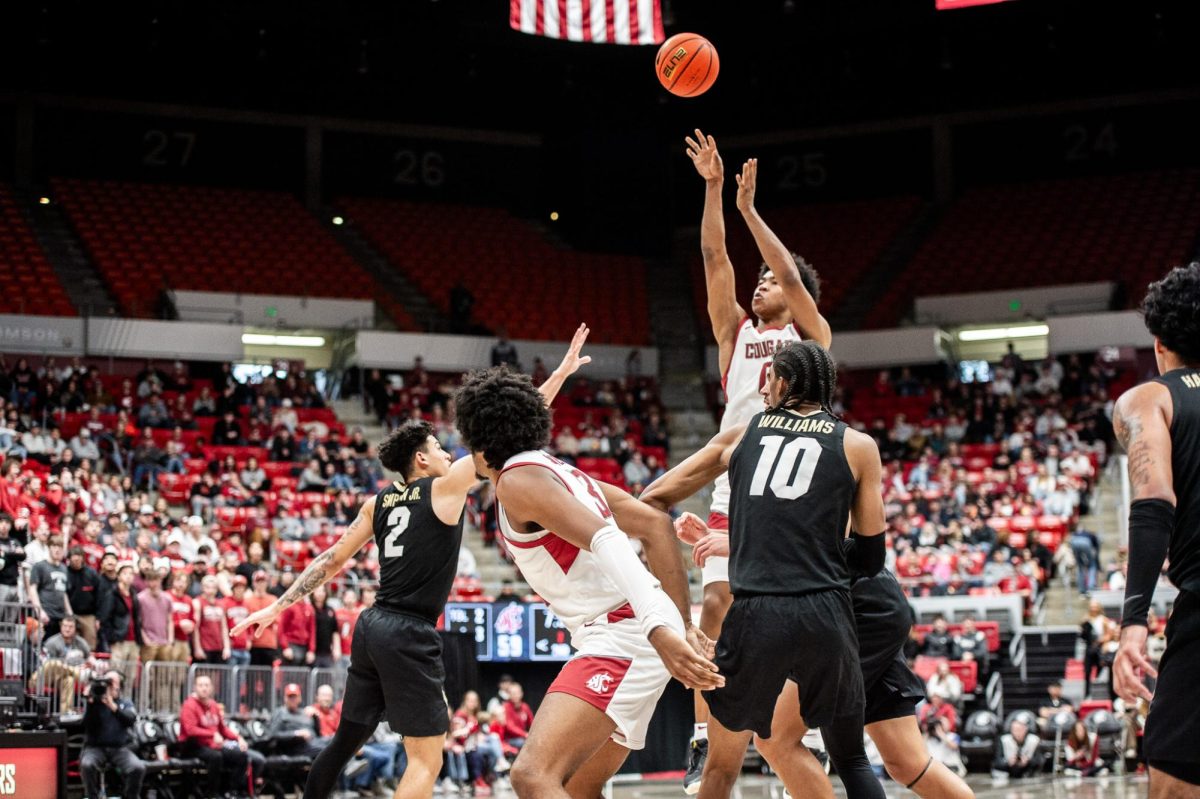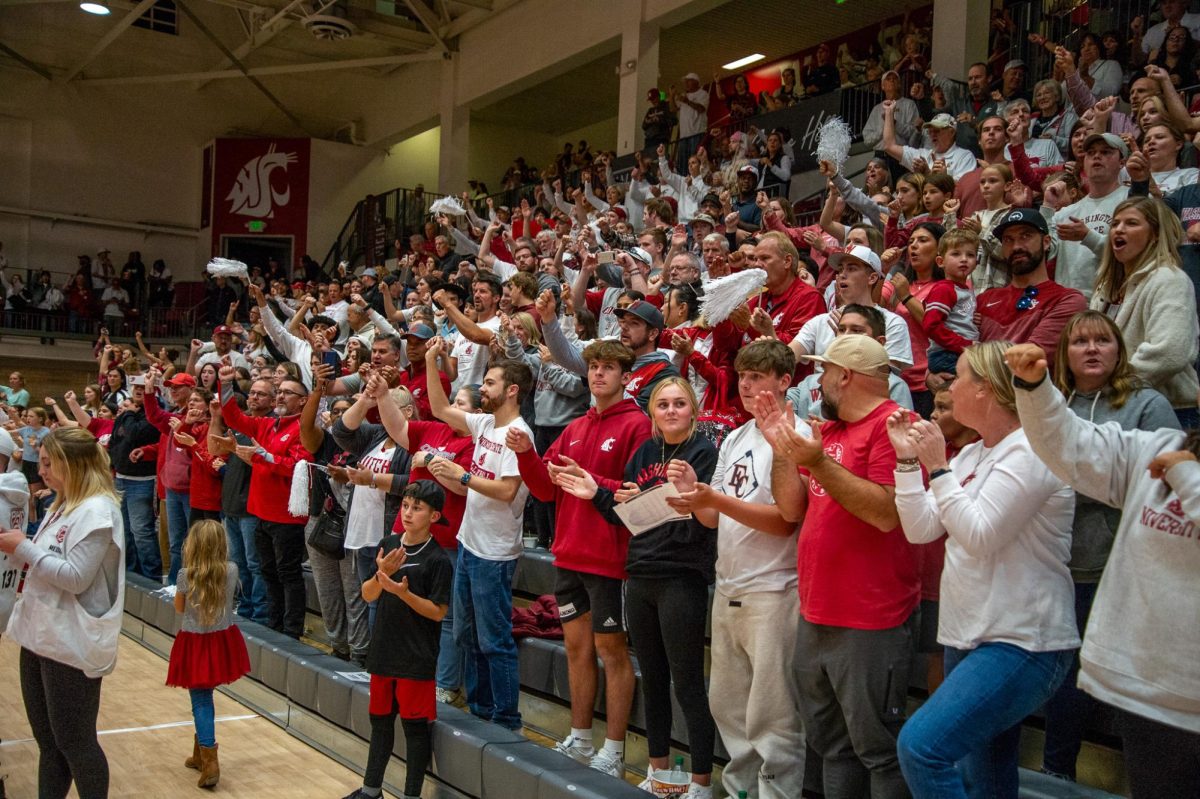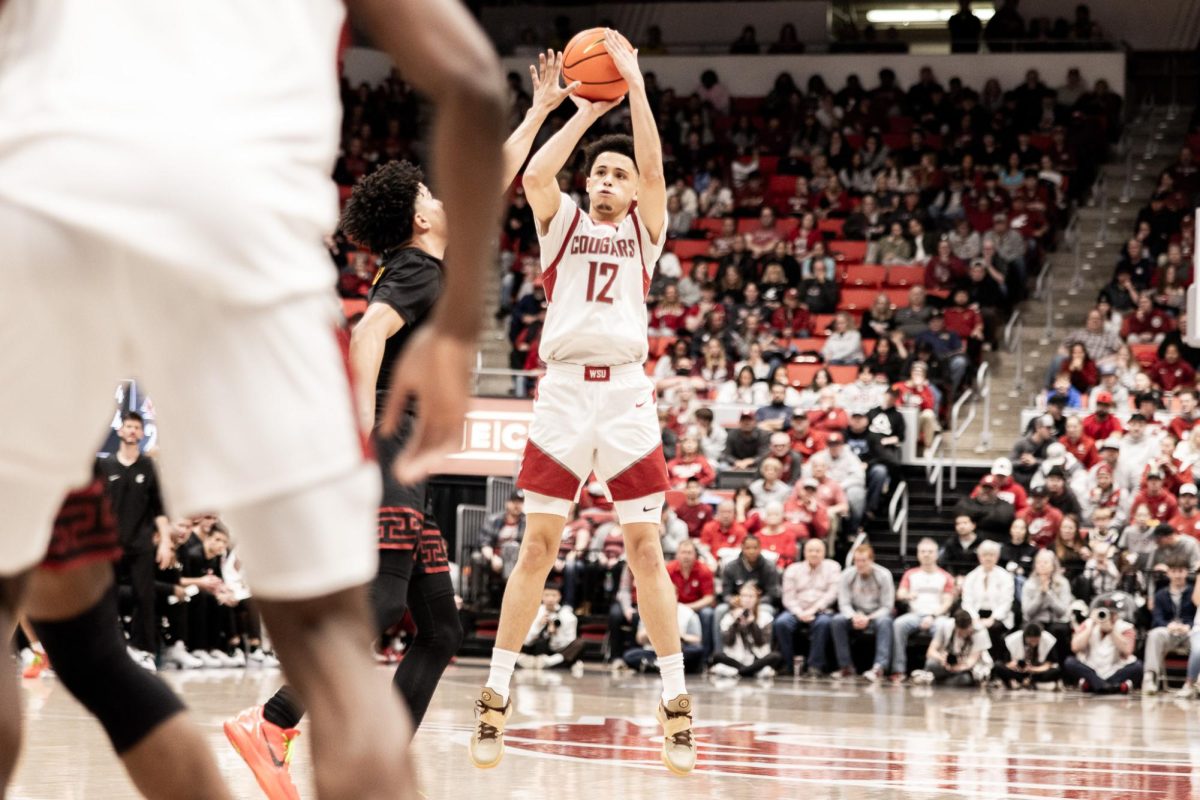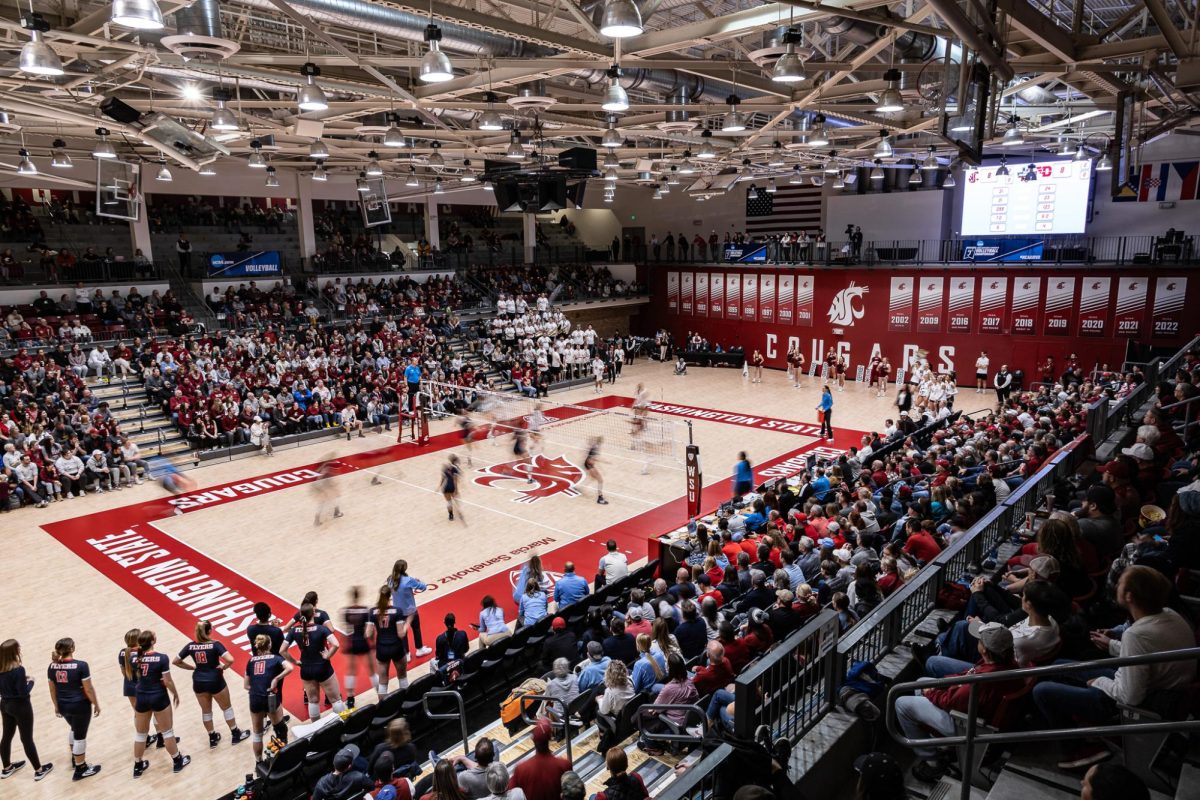The lawsuit for control of the Pac-12 conference has reached the crucial moment of the first revenue distribution, and the two remaining Pac-12 schools, Washington State and Oregon State University, have blocked 2023-24 revenue from being distributed to both themselves and the departing Pac-12 schools.
The remaining schools have blocked a long-standard mid-season distribution, which comes out to roughly $5 million per campus this season. According to a memo sent by Pac-12 commissioner George Kliavkoff, these payments are “not expressly required under bylaws” and thus can be withheld.
“Because of the ongoing litigation between our members, our view is that we can only make the December distribution with the unanimous approval of our members and are therefore not planning to make this distribution in the absence of such a vote,” Kliavkoff wrote in the memo. “The Pac-12 would call for such a vote if requested by any member.”
The departing schools in their statement argued that this revenue has nothing to do with the state of the conference.
“A decision to distribute 15% of the more than $400 million in net revenues to the members has nothing to do with the future of the Conference,” the 10 departing schools said in a collective statement. “Instead, OSU and WSU’s refusal to agree to it shows that the two schools are abusing their position to injure our programs and athletes in violation of all prior precedents.”
The remaining schools responded in a statement of their own.
“As the only two remaining members, OSU and WSU are the only schools committed to the best interest of the Pac-12,” their statement reads. “No member acting in the Pac-12’s best interest would allow departing schools to drain the Conference’s assets on their way out the door, while they refuse to pay their fair share of the liabilities.”
Those liabilities could potentially be massive, and OSU and WSU are attempting to avoid being on the hook for them as the rest of the schools avoid paying anything.
The smaller liabilities could include things like Klivakoff’s severance and studio leases. The bigger liability is House v. NCAA, a lawsuit by former Arizona State swimmer Grant House that has reached class status and could end up costing the NCAA and the former Power Five conferences billions of dollars.
The date for that case is in January 2025, which is months after all departing schools will have left and joined new conferences. OSU and WSU will want to secure an agreement with the departing schools on how to handle any potential liability in that suit.
There has been a stay on the results of the Whitman County case since Nov. 28, and so the status quo from the initial restraining order has been maintained. This means all conference decisions must be unanimous, allowing for OSU and WSU to block some decisions as they did today.
The Washington Supreme Court set Dec. 12 as the deadline for the remaining and departing members to submit briefs arguing on whether the Supreme Court should hear an appeal of that decision from November. Within a few days, the direction of the conference should be more clear.





